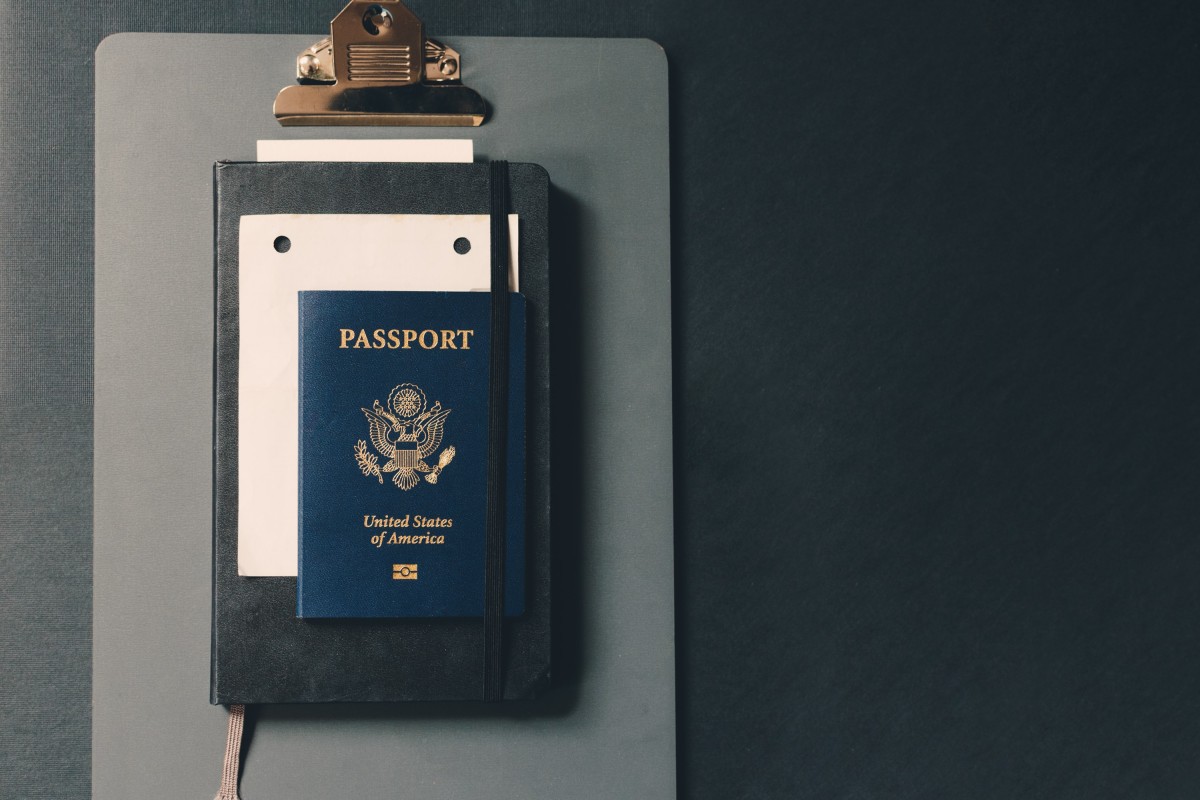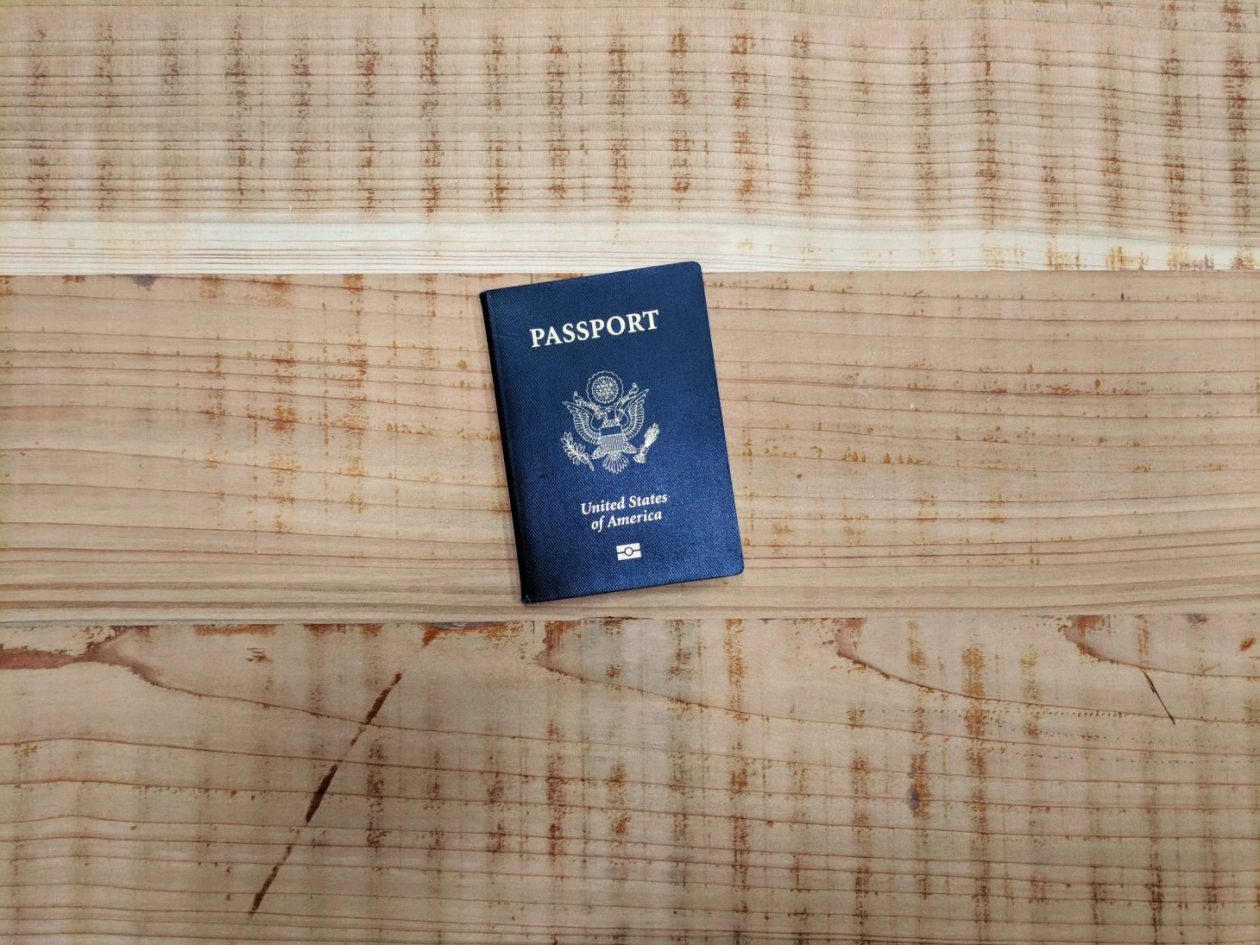The U.S. offers a very diverse range of higher education options. With such vast learning opportunities, no matter what your ability or ambitions are, there will be a degree that’s a great fit for you. Still, as an international student, there are a number of requirements you’ll need to be aware of and prepare for when applying to universities in the United States.
At this point, you might have an idea of which universities you want to apply to, and the next step is to know which standardized tests are required, the costs to attend, and any financial assistance that might be available.
Admission requirements
Since the whole admission process takes about 18 months, it is a good idea to start arranging and get all your academic records and other required documents ready to be sent to the chosen universities as soon as you can.
Required materials
In general, American universities require the following from international student applicants, however below are the eligibility criteria of Bay Atlantic University:
- Completed Online Application
- Transcripts
- For undergraduate admissions: Copies of High School Transcripts (must be in English)
- For graduate admissions: Undergraduate Transcripts (official or officially notarized copy)
- Photocopy of Government-Issued ID (international students need a passport, undocumented students need proof of residency)
- Letters of Recommendation (2 letters from former teachers, employers, coaches, etc.)
- Personal Essay (for details, please direct here)
- Bank Statement (as proof of adequate financial resources)
- Proof of English Language Proficiency (i.e IELTS, TOEFL, TOEIC,, BAU Placement Test)
- Application fee of $45

Standardized tests
All applicants whose first language is not English must submit proof of English language proficiency. As an international student, usually, you will have to submit a TOEFL or IELTS test score. At Bay Atlantic University, The English language proficiency requirement is waived if the applicant has completed four years of education at an English-language secondary school.
Other language proficiency tests can be Scholastic Aptitude Test (SAT) for undergraduates or the Graduate Record Examination (GRE) for postgraduates.
It would be best to complete these exams a year before you want to start university. Universities usually have set minimum scores, as per Bay Atlantic University; the table below shows the requires minimum scores for both undergraduate and graduate applicants:
| Test Name | Undergraduate Minimum Score | Graduate Minimum Score |
| IELTS | 5.5 | 6.0 |
| TOEFL | 70 | 80 |
| TOEIC | 650 | 700 |
| Duolingo | 75 | 90 |
| BAU Placement Test | 70 | 75 |
Funding your studies

International students are required to provide confirmation of financial eligibility. A copy of your bank account is expected from most schools, although some may allow other documentation to show financial eligibility. Generally, American universities offer two types of funding: financial aid, which is need-based, and scholarships which award academic excellence.
Scholarships
There are many resources available to search for scholarships, and nowadays, if you have the time and available resources, you can find most of them online. As per eligibility, it depends entirely on the scholarship. Besides, the majority of universities offer some kind of financial aid for their international students.
Every year, BAU offers a specified number of a variety of scholarships to qualified students. These scholarships are intended for tuition only; thus, they do not apply to student fees or living expenses. These are some of the scholarship opportunities that BAU provides:
| Scholarship | Eligible students |
| Merit-based Scholarship | All Students |
| Huseyin Yucel Scholarship | All Students |
| Global Scholarship Exam (GSE) Scholarship | International Students from Mongolia |
| BAU Global Scholarship | BAU Global Students |
All prospective students may apply for a BAU Institutional Scholarship, regardless of their nationality, enrollment status (part or full time), or academic history. In awarding scholarships, the university does consider financial need; however, the scholarship system is based primarily on merit. You can find detailed information regarding scholarships here.
Financial aid
The U.S. government does not provide loans, grants, or help with scholarships for international students. As an international student, you are not eligible for U.S. federal aid (i.e., The Free Application for Federal Student Aid – FAFSA); however, your home country’s government may offer financial assistance for students looking to study abroad.
✅ Request information on BAU's programs TODAY!
While you might not be eligible for federal loans, foreign student loans are still available. To help cover education expenses, you may want to consider applying for international private student loans. Many private student loan providers require you to apply for the loan with a cosigner who is a resident of the United States, a family member, acquaintance, partner, or another individual who can assist you in taking on a student loan.
Applying for Student Visa

Once you have been admitted to your university of choice, the next step is getting your visa. Your major, the type of school you plan to attend, and your eligibility determine what kind of visa you need to apply for. These are three of the most common visas that international students get:
- F1 Student Visa
- J1 Exchange Visitor Visa
- M-1 Non-Academic Student Visa
Check out our detailed articles regarding the U.S. Visa FAQs and the F1 Visa Interview for additional information.
University Accreditation
An academic consideration crucial for your American university choice is accreditation. You should thoroughly check whether relevant professional associations and employers will recognize a degree from the institutions you plan to apply to.
Bay Atlantic University (BAU) is certified to operate as an institution of higher education by the Higher Education Licensure Commission (HELC), and it is recognized by both the Council for Higher Education Accreditation (CHEA) and the Department of Education. In addition, BAU is accredited by ACICS – Accrediting Council for Independent Colleges and Schools – to award bachelor’s and master’s degrees; authorized by SEVP to issue I-20 forms to international students.
Planning in advance and knowing what is required and what documents you need to prepare will make the process of applying to schools in the USA easier. Remember to have funding available for each application you submit, a valid passport, and test scores relevant to your program before submitting your application. Good luck!










